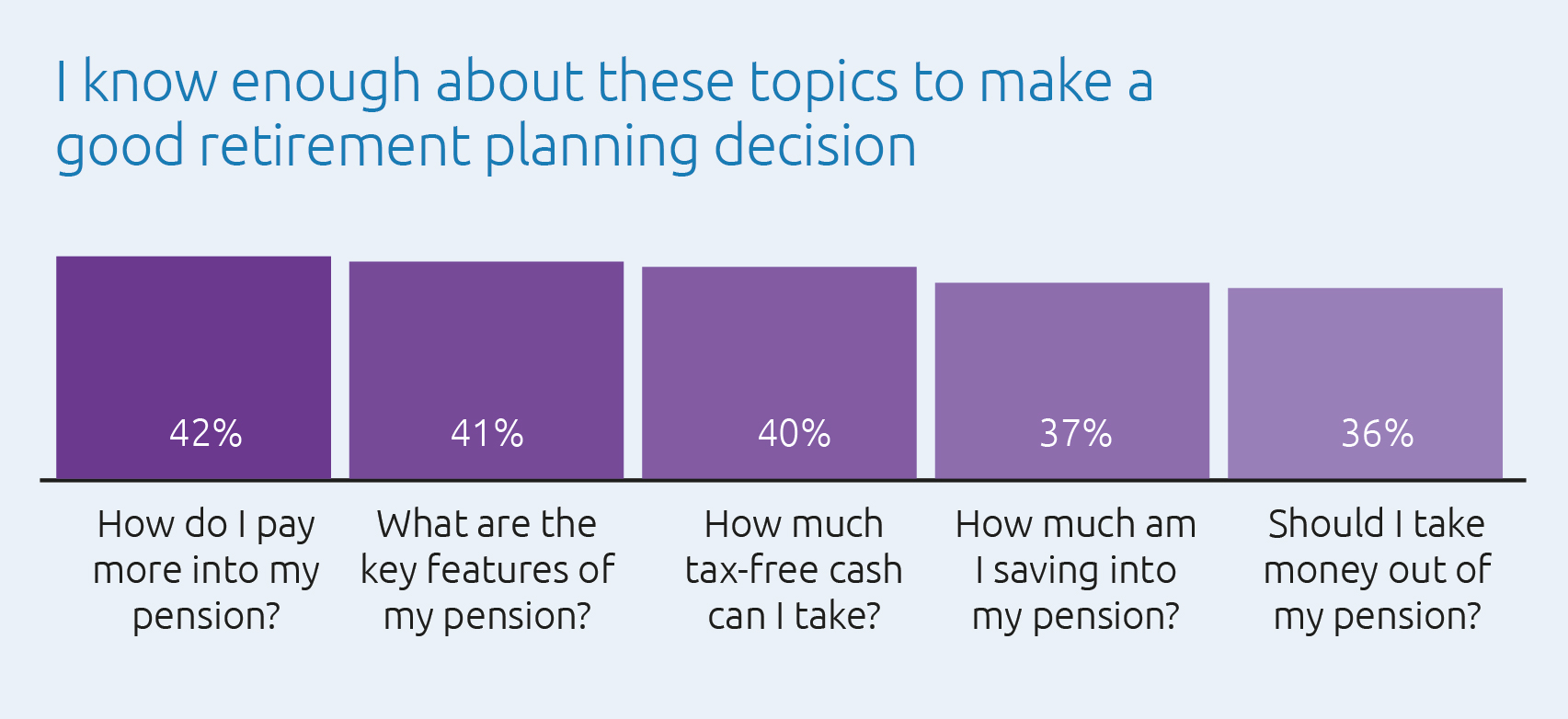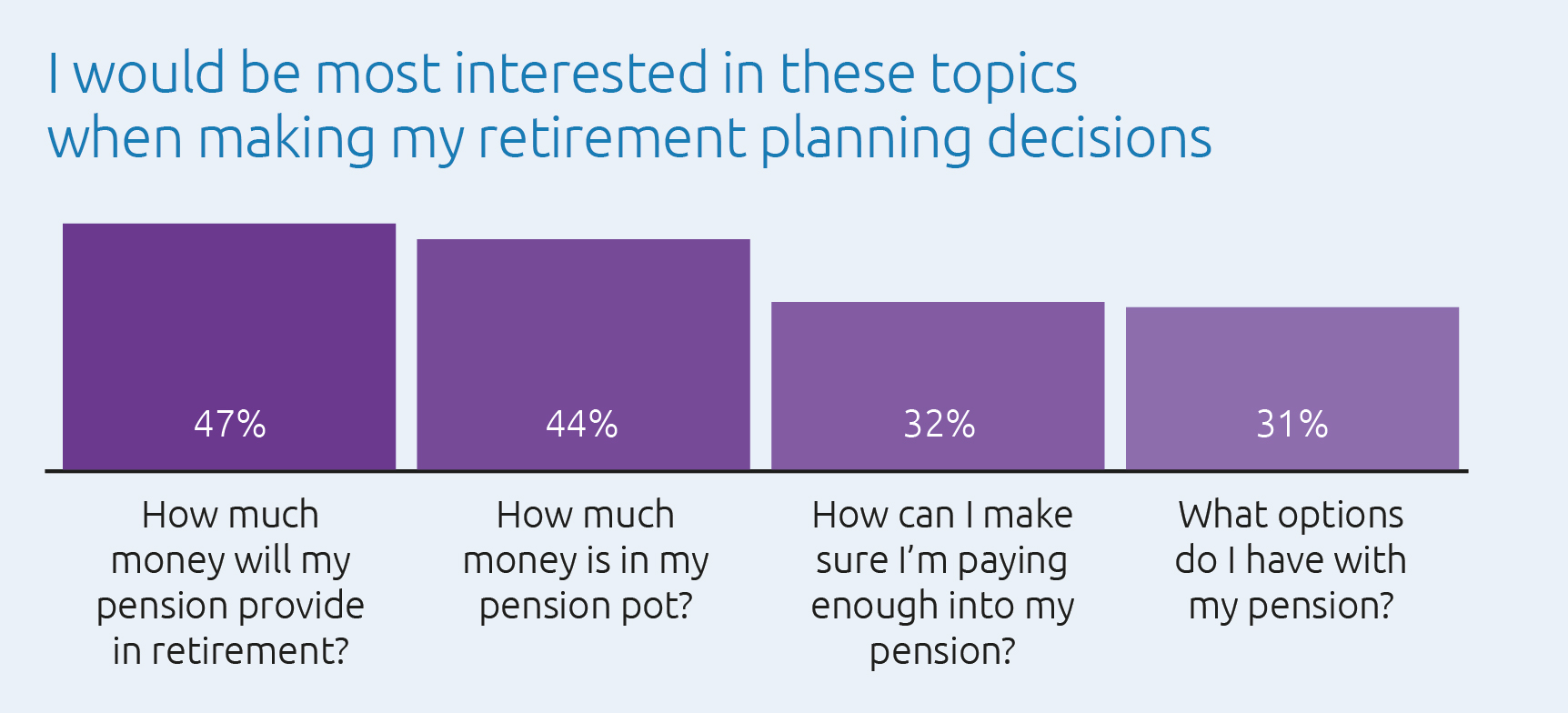Financial Wellness
Why retirement planning benefits people of all incomes: survey results
People who plan for their retirement generally feel better about their finances – and enjoy retirement more. Even those who take small steps feel better than those who do nothing.

id
People who plan for their retirement generally feel better about their finances – and enjoy retirement more. So why aren’t more of us making retirement plans?
Those of us who put a great deal of thinking into our retirement plans are likely to have the most positive outlook. And even those who take smaller steps feel better than those who do nothing.
Planning appears to deliver positive results across all levels of wealth. For example, 93% of planners on low incomes say they’re enjoying their retirement, compared to 66% of non-planners on low incomes.
Additionally, low-income planners are three times more likely to feel very comfortable with their amount of savings compared to low-income non-planners (49% vs. 16%)1.
These findings are from our Retirement Voice 2022 report,where for the second year running, we’ve surveyed the views of around 6,000 people in the UK from all walks of life2.
Low-income planners are also more than twice as likely to say they feel positive about their current financial situation.
Despite the benefits, 72% of people still do little, if any, retirement planning. Why is this? And what can we do to get more people planning for their long-term financial future?
Reviewing finances
More than a quarter of people (28%) never review their long-term financial situation. This could be because they don’t know where to start (18%), or because they think it’s too much effort (10%).
If we’re to help more people make good financial decisions, more education and support is clearly needed.
Our research indicates that most people don't feel confident making a good decision when it comes to some of the pension basics. This includes understanding what pension(s) they have, and how they can best manage it.
Lots of people (44%) think it's easy to find information and guidance to help with their retirement planning. However, half of people think the information they come across is overwhelming. And many people (41%) don't know what to do with it all.
Figure 1: Pension knowledge appears to be relatively low

Figure 2: There’s a large appetite to understand what pensions will provide in retirement

Combatting the guidance gap
Some people are unsure of where to start when it comes to managing their finances. The world of finances can seem littered with jargon, leaving some people feeling overwhelmed, or even frightened, when making financial decisions.
Indeed, we know there’s a significant guidance gap in the UK. But the current economic uncertainty has perhaps accelerated the need to dramatically upscale the awareness, availability and accessibility of good financial guidance services.
Our research shows that those who seek guidance feel more confident in their ability to make good decisions when planning their retirement.
People who pay for professional financial advice are most assured in their decision-making, but not everyone has the need for full advice.
If we’re to help people who may be hardest hit by the cost-of-living crisis, doing more to usher them towards a guidance service could be key.
Where people access advice and guidance varies. But wherever they turn to, it needs to be personal, relatable, and provided in a simple and engaging way.
1People who fall into the ‘low income’ bracket have a yearly personal income of £20,000 or less.
2In August 2022, Standard Life commissioned an independent study that sought to understand consumer attitudes to pensions and retirement plans. The study questioned a total of 5,980 UK adults, with the data weighted to give a nationally representative sample by age, gender, region and working status. The sample included 1,000 interviews to boost Asian and Black ethnic groups to provide a larger sample for analysis. The research sample included UK adults aged 18–80 and covered a range by income, savings, region, gender, ethnicity, and other



